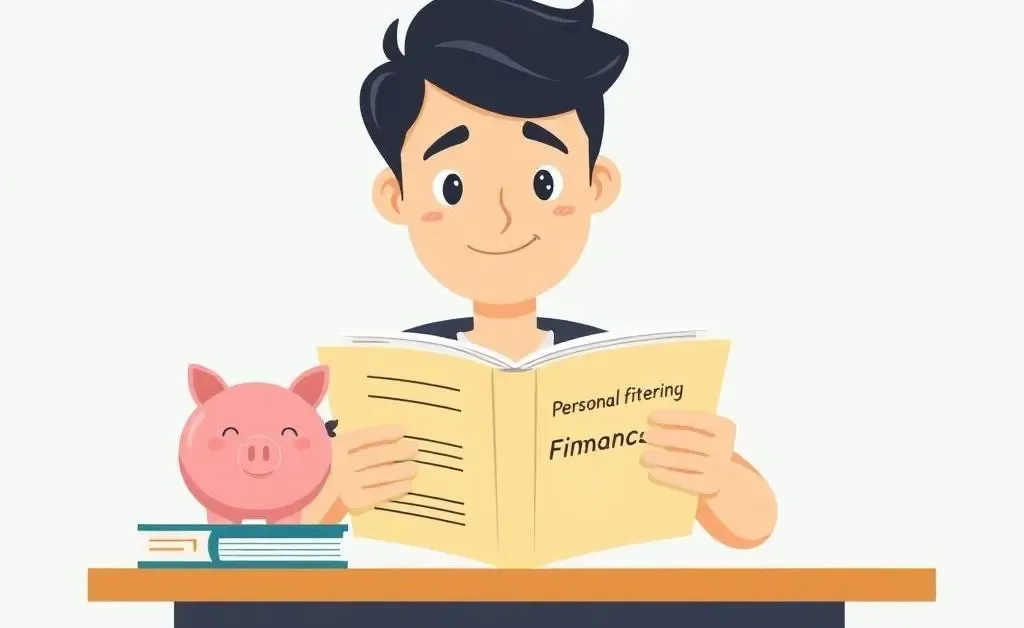Navigating Personal Finance with Confidence: Your Guide to Smart Money Decisions
Unpack personal finance mistakes and learn how to make better financial choices.

Why Personal Finance is More Than Just Numbers
When it comes to personal finance, it isn’t just about crunching numbers on a spreadsheet. It's about making choices that affect your life today and in the future. By understanding how to navigate personal finance with confidence, you can make smarter money decisions that align with your goals. Let's dive into some insights on how to avoid common financial pitfalls and create a roadmap to financial well-being.
Steering Clear of Impulse Buys
One of the most common traps in personal finance is the impulse buy. We've all been there — that sudden urge to purchase something spur of the moment because it seems like a steal. However, these decisions can add up quickly and derail your financial stability.
To combat this, I recommend creating a 'cooling-off' period before making purchases over a certain amount. This could be as short as 24 hours or as long as a week, depending on how big the buy is. During this time, ask yourself: Do I need this? Will it add true value to my life?
Creating a Budget That Works for You
Budgeting might seem daunting, but it's your best friend on the path to financial health. Start by listing your fixed expenses like rent, utilities, and groceries. Next, allocate a portion of your income to savings and investments. The remainder can be your discretionary spending budget.
One effective method is the 50/30/20 rule: allocate 50% of your income to needs, 30% to wants, and 20% to savings or debt repayment. Adjust these percentages however you need, but having a framework can make sticking to your budget easier.
The Importance of an Emergency Fund
An emergency fund is your financial cushion for unexpected events — and it's a crucial part of financial planning. Without it, a simple car breakdown or a sudden medical bill could throw your finances off track.
A good aim is to have three to six months' worth of living expenses saved up. But remember, start small if you need to. Even a few dollars a week will add up over time.
Your Financial Future Starts Today
The journey to mastering personal finance doesn’t mean you'll never make a mistake. It’s about learning from those moments and making adjustments. Do you have a financial strategy that's worked well for you? Or are there areas you are still figuring out? Share your thoughts and let's create a conversation on turning financial missteps into learning opportunities!
Remember, each step you take today brings you closer to your financial goals tomorrow.




